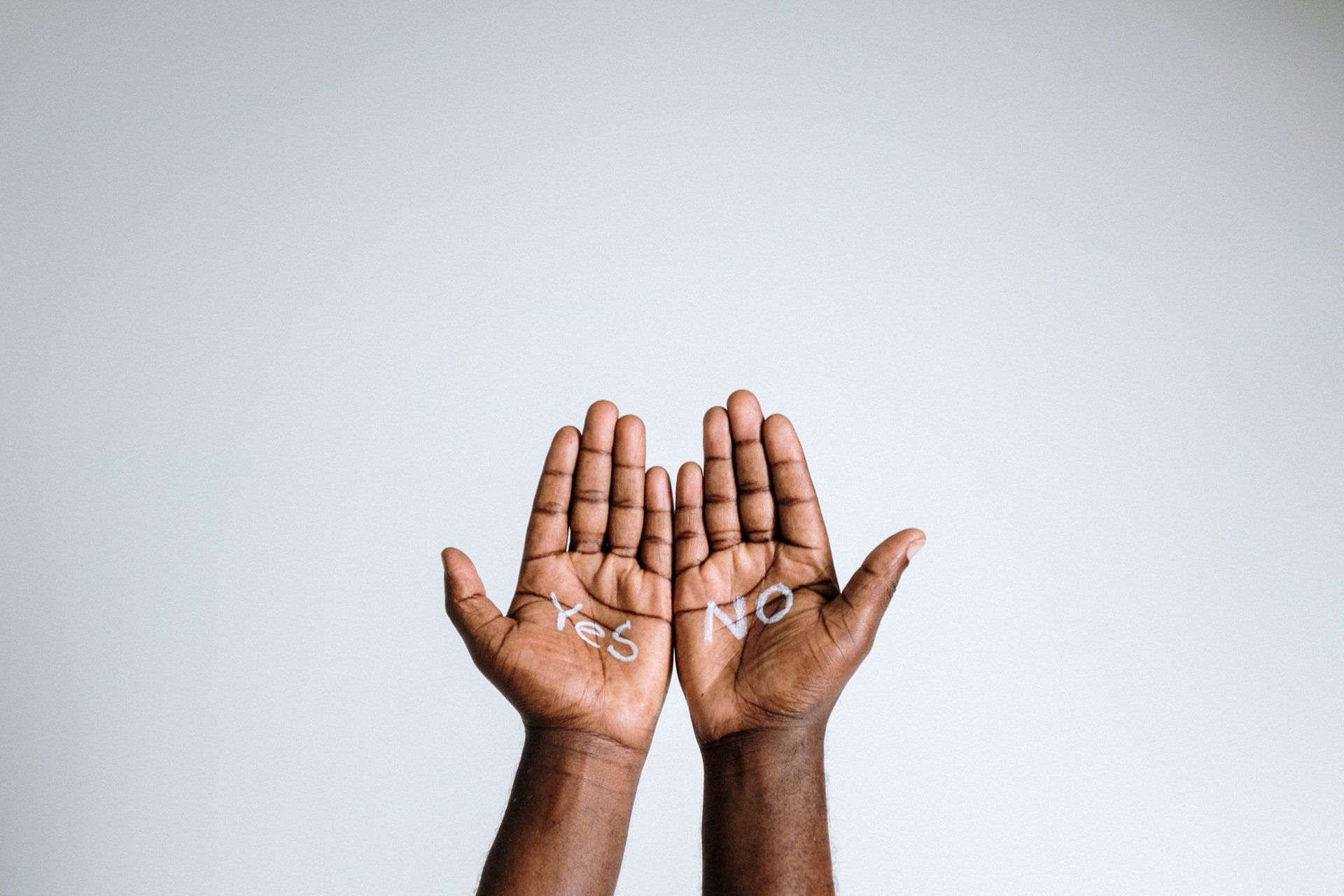How to develop your self-awareness
- By Sian Taylor
- •
- 22 Mar, 2019
- •
Self-awareness

In various posts before I’ve talked about becoming more aware of myself. How I feel at any given moment. And how this has helped in work.
But I’ve really not found this easy to do, and I still have to work at it, which has made me think back to how did I start to do this – raise my own awareness of how I’m thinking, feeling and behaving – and what I might suggest to someone else thinking about trying to do the same thing.
Pick a moment
I am not a morning person. Actually, more specifically, I really dislike waking up!
The moment of consciousness usually goes something like
“Ohhhhh…..
Maybe I can sleep just a little bit longer….
Keep my eyes shut just for a second….
Ugh I really don’t want to get up!”
So I picked this moment. For several mornings I paid attention to what I was thinking and how I felt. It was pretty much the same each morning. And I would drag myself through a routine to get up and then push myself into perking up and finding enthusiasm for the day.
A lot of effort, when what I wanted to do was be back asleep in bed…
One day I decided to try to do something different.
Wake up and stretch. Then get up.
That took determined effort! But stretching has helped me. I still have the initial thoughts, those haven’t gone away, but as I stretch I think “right time to get up and on”.
I start to think about the day more positively and l spent less time and effort kicking and dragging myself to get started.
That’s not to say it’s been a wonder cure to waking up! Some mornings are still a huge effort, it’s just not as many as it used to be.
So what does this mean in a work context?
Realising I could do this, meant that I looked at particular situations at work. Situations I always find difficult.
Picking the situation,
paying attention to what I was thinking, feeling and what I did,
deciding what I could do differently,
trying that out,
and seeing what happened…
then repeating it again and again.
By recognising the pattern, my habit of dealing with a particular situation has helped me to try to change how I think, feel or act in that moment.
Name that emotion
I came across this a few years ago, and thought well that’s easy!
Then realised it wasn’t easy and that I tended to think of being ‘happy’ ‘unhappy’ ‘fearful’ ‘tired’ ‘stressed’ or ‘frustrated’
When I came across an emotion wheel on the internet, I was surprised at just how many emotional descriptions I didn’t even think of, let alone use.
Does it matter?
I’ve found that in dealing with situations I find difficult, I keep calm by ignoring how I’m feeling in that moment.
It’s only afterwards that I then pay attention. Sometimes anger flares up, frustration boils over, fear really kicks in or excitement bursts.
And when I take time to really think about how I’m feeling,
Fearful, okay, so was I feeling…
Anxious
Overwhelmed
Insecure
Inferior
Rejected
Exposed
…
Then I can start to drill down into what it was that prompted that feeling. And it’s by identifying specifically what it was that prompted that feeling that then helps me decide on what I’m going to do about it.
Breaking the same old routine
My back is stiff and shoulders tight. Hands gripping the chair seat. Jaw clenched.
The person is going on as they always have done.
I come away exasperated, frustrated and disappointed.
I decide I’m going to do something, because the impact this is having on me and on others is not positive.
I have a private meeting with them. Give them feedback. Listen to what they have to say in response. We talk about it in depth.
I’ve prepared for this, put myself in the right frame of mind, deliberately taken a more relaxed posture and breathe deeply throughout the meeting.
We’re back to where we were before. I notice that my hands are gripping the chair and my jaw is clenched again.
I take a deep breath and force myself to release the chair and place my hands in my lap and relax my shoulders.
It helps me remember some of what we talked about in our private meeting together and so I ask a question to better understand their point of view.
I start to see a little more clearly the point they’re trying to make.
Recognising that I’m reacting in the same way to someone or something each time can be difficult because it can be almost instinctive. By paying attention to what my hands are doing, or how relaxed my shoulders feel, gives me an insight as to whether I’m reacting instinctively to something going on.
By intervening, with slow deep breaths, a change in posture, saying something different to what instinctively what I want to say, I’ve felt able to alter the direction in which the situation takes.
That’s not always been a positive outcome, but I found that sometimes breaking the cycle makes a difference.
------
What I’ve described above are things that I keep working on and using in new and different situations. I can’t say they are quick or easy to do, but I have found they’ve made a difference for me.
If you try, or have already tried, something similar I’d love to hear about your experiences and what other suggestions you have on developing self-awareness.
Sign up and you'll receive an email each time I post on my blog.
I'll also let you know when I have other things you may be interested in, such as leadership resources, and when I have coaching offers that may interest you.













